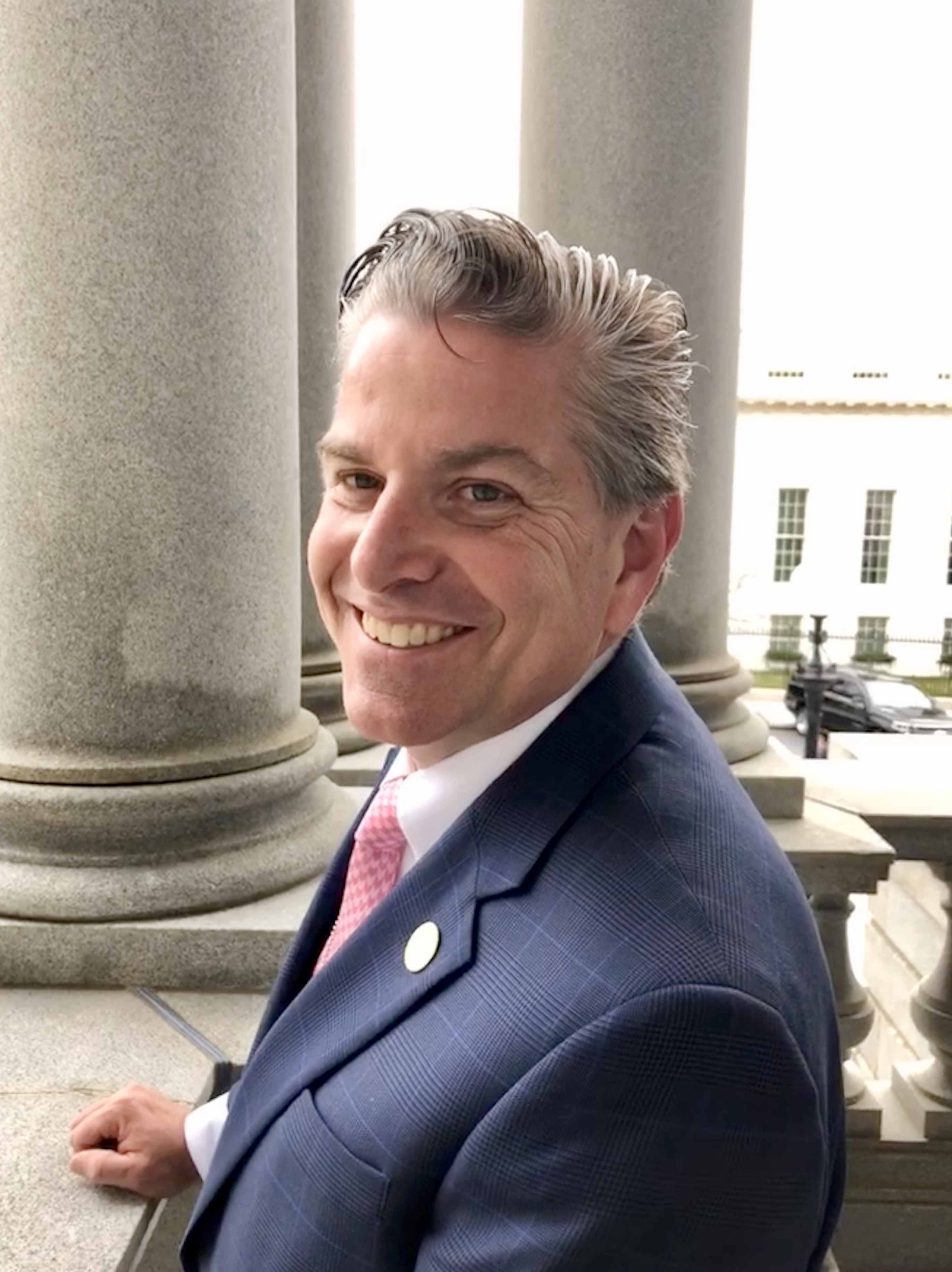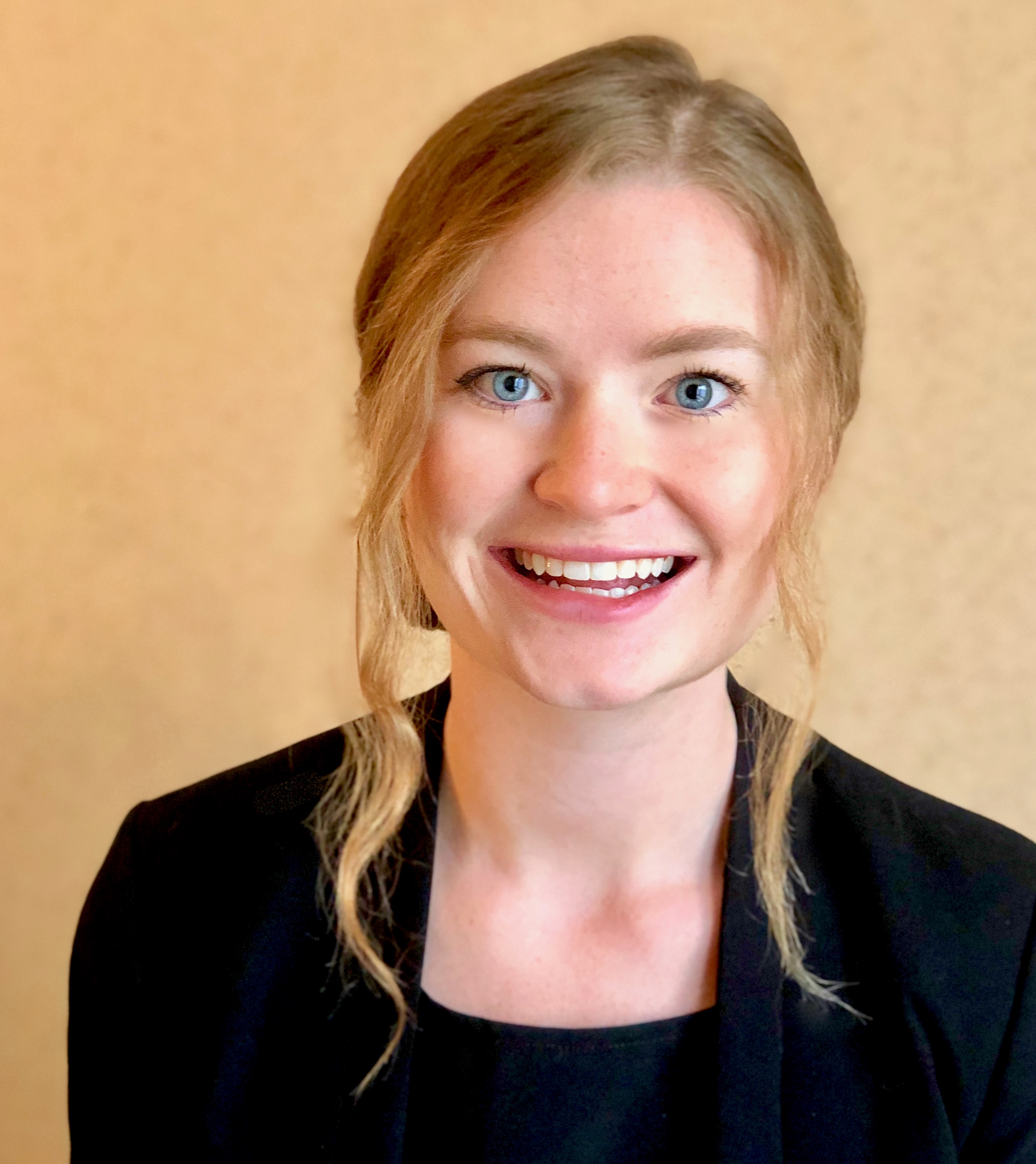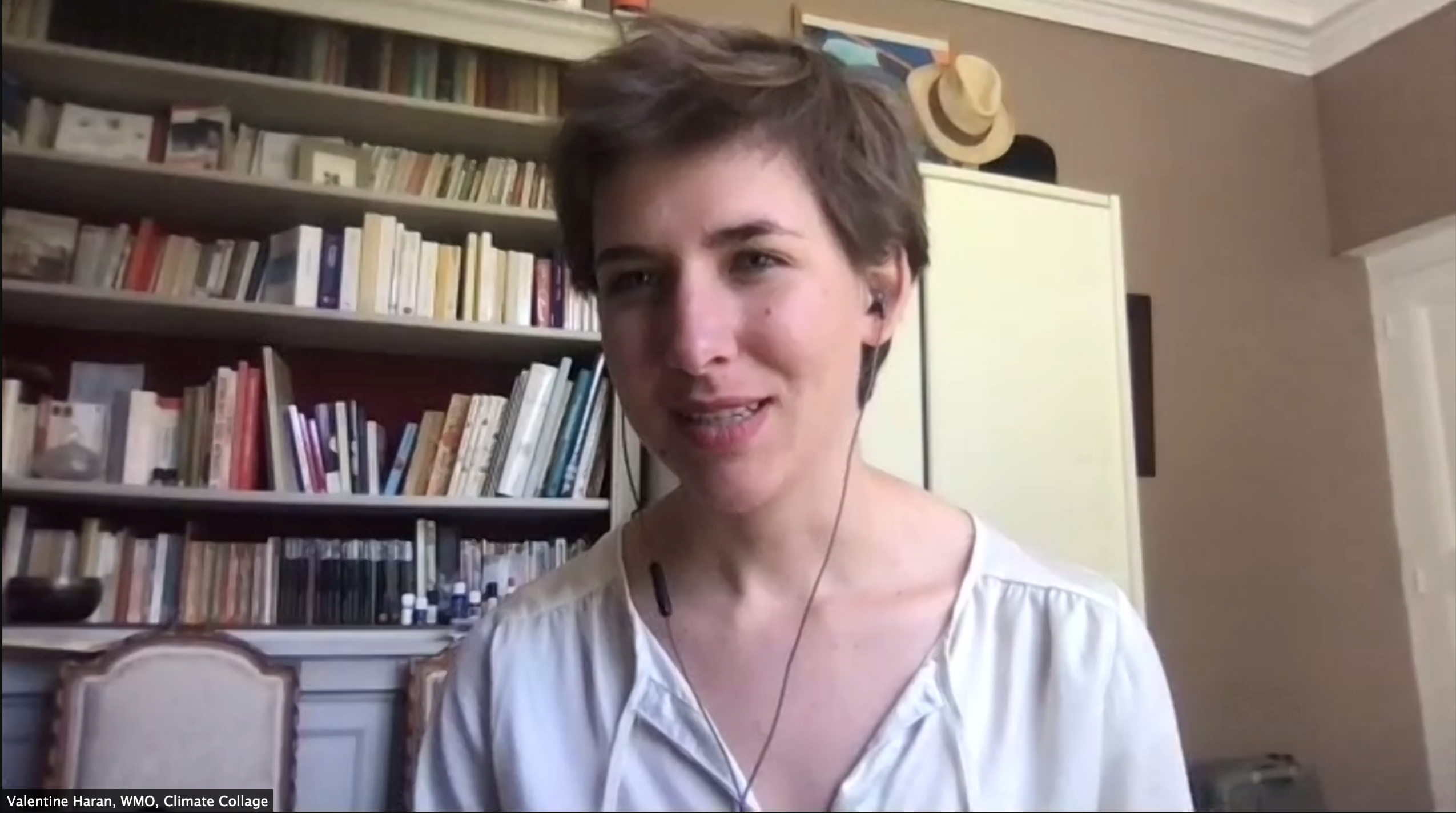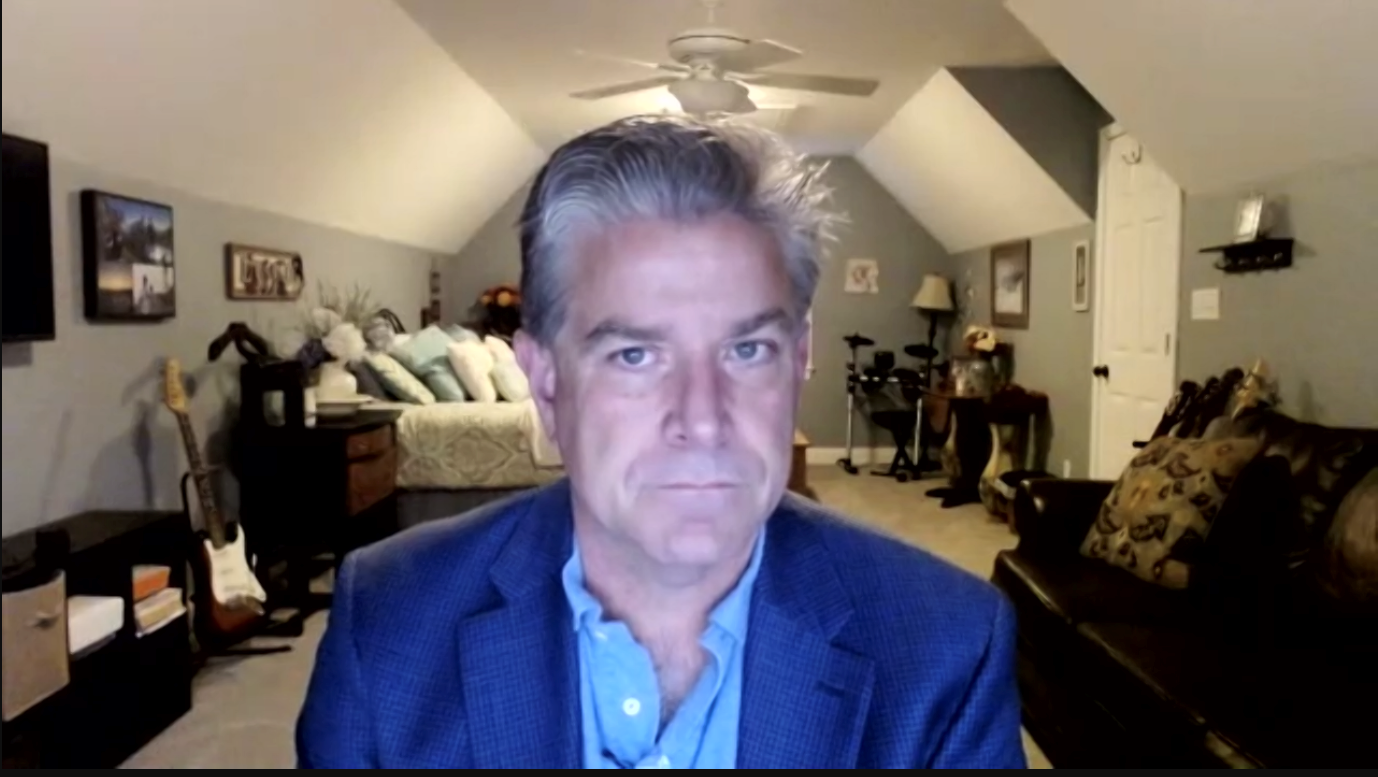Innovation in Data & Technology for Climate Action
ITU/WMO/UNEP
Session 398
WSIS ALFM C7: E-Environment
As the world becomes increasingly digital, data and technology are becoming some of the most important tools in the kit for combatting climate change and aiding countries facing disasters and extreme events. This workshop on Action Line C7 will therefore highlight some key examples from WMO, ITU and the private sector about innovative uses of data and technology.
WMO will present on an open-source data management system, an interactive mapping system of extreme climate events, and a digital map of the WMO's climate indicators and the SDGs. ITU will present the critical role that ICTs play and how access to communication networks and services is critical especially to deliver early warnings and alerts to communities at risk. ITU (ETC from WFP) will present the Disaster Connectivity Map which is a mapping platform to help first responders determine the status of telecommunications network infrastructure, coverage, and performance before and after a disaster. Finally, a speaker from the private sector will address the role of big data for climate action.
Overall, speakers will address the current challenges the climate movement is facing and where ICT could be better applied to improve connectivity and ultimately aid climate action.

Dr. Ed Kearns joined First Street Foundation in April 2020 as its Chief Data Officer, and leads First Street’s science and data activities related to quantifying and communicating climate risks. Kearns previously served as interim Chief Data Officer for the U.S. Department of Commerce, and was appointed as the National Oceanic and Atmospheric Administration’s (NOAA’s) first Chief Data Officer in 2017, where he led the development of strategies for managing NOAA’s data as a national asset.
Kearns promotes new uses and wider understanding of data through partnerships and technologies, such as First Street’s floodfactor.com, noncommercial and open data practices, and the NOAA Big Data Project. As a workgroup leader for the White House’s Leveraging Data as a Strategic Asset initiative, he helped develop the first U.S. Federal Data Strategy. Previously, Kearns led climate data and archive activities for NOAA; guided Everglades restoration projects for the National Park Service; and calibrated NASA satellite-based ocean data products and developed ocean data systems as a professor at the University of Miami, FL.
Kearns holds degrees in Physical Oceanography from the University of Rhode Island (Ph.D. 1996) as well as Physics and Marine Science from the University of Miami (B.S. 1990).

Ian is the co-founder and a director of myAcorn Limited. Ian is primarily responsible for server administration, web databases and making sure everything runs smoothly behind the scenes.
In addition to providing stable development platforms, Ian advises on the latest technologies to deploy in projects and the most appropriate software-engineering methods to utilise.
Ian's background spans academia, government and industry, where he has designed, built and deployed major applications. Ian is also responsible for our cloud-computing strategy that ensures that we successfully deliver large and complex web applications that can scale with user demand.

Mr. Jake Spinnler is currently detailed from the U.S. Coast Guard to the ITU’s Bureau of Telecommunications Development, Environment and Emergency Telecommunications Division. In this capacity, he in plays a key role in emphasizing the critical role of Information and Communications Technology (ICT) in disaster risk reduction and management, and supports ITU and its member states in the four phases of disaster management. Of note, Mr. Spinnler coordinates development of the Disaster Connectivity Map and maintenance of ITU’s roster of emergency personnel and equipment.
A career Coast Guard officer, Mr. Spinnler has served in a number of operational and policy roles including national-level program and resource management, and eight years at sea on Coast Guard cutters performing a range of missions including search and rescue, disaster response, border security, and environmental response.

The Climate Collage is sponsored by Valérie Masson-Delmotte, Co-Chair of the IPCC working group I, and senior
scientist and tenured researcher at CEA-climate research division. The climate collage is a scientific, creative and collaborative workshop designed to alert participants on the current climate change crisis. Both educational and fact-
based, this workshop helps understand how the climate works and the causes and consequences of its disruption. As a workshop facilitator, Valentine's role is to organise events and to provide expertise about climate change.
With ecology being both a professional and personal core value, she is also completing a master degree in sustainability
and is active in associations aiming at raising awareness on the climate emergency. As the local representative of the Climate Collage association in Switzerland, she is dedicating her time to promote this powerful educational tool.

Claire is passionate about the intersections of climate science and communication. As a Project Assistant at the WMO, she assists the Climate Monitoring and Policy team with the research, coordination and publication of several reports in order to improve engagement with and understanding of the global climate system.
Claire is also finishing her masters degree in Development Studies at the Graduate Institute of International and Development Studies, with a focus on environment and global health. She is writing her thesis on how changing political economies make space for food system reform and protection of planetary health.
-
 C7. ICT applications: benefits in all aspects of life — E-environment
C7. ICT applications: benefits in all aspects of life — E-environment
-
 C7. ICT applications: benefits in all aspects of life — E-science
C7. ICT applications: benefits in all aspects of life — E-science
The WSIS Geneva Plan of Action defined three goals for Action Line C7, e-environment, of which this session is directed at. First, the WMO and ITU will both highlight mapping projects and early warning technologies, working toward the goal of "establishing monitoring systems, using ICTs, to forecast and monitor the impact of natural and man-made disasters, particularly in developing countries, LDCs and small economies".
Second, speakers from the private sector will address the growing role of big data and AI, not only in addressing environmental challenges, but also how they can be sustainably used and produced, addressing the call to "Initiate actions and implement projects and programs for sustainable production and consumption and the environmentally safe disposal and recycling of discarded hardware and components used in ICTs."
Finally, all four speakers will be addressing the overall goal of using ICTs as a tool for climate action, addressing the goal to "Use and promote ICTs as an instrument for environmental protection and the sustainable use of natural resources."
-
 Goal 1: End poverty in all its forms everywhere
Goal 1: End poverty in all its forms everywhere
-
 Goal 3: Ensure healthy lives and promote well-being for all
Goal 3: Ensure healthy lives and promote well-being for all
-
 Goal 9: Build resilient infrastructure, promote sustainable industrialization and foster innovation
Goal 9: Build resilient infrastructure, promote sustainable industrialization and foster innovation
-
 Goal 11: Make cities inclusive, safe, resilient and sustainable
Goal 11: Make cities inclusive, safe, resilient and sustainable
-
 Goal 13: Take urgent action to combat climate change and its impacts
Goal 13: Take urgent action to combat climate change and its impacts
-
 Goal 14: Conserve and sustainably use the oceans, seas and marine resources
Goal 14: Conserve and sustainably use the oceans, seas and marine resources
-
 Goal 15: Sustainably manage forests, combat desertification, halt and reverse land degradation, halt biodiversity loss
Goal 15: Sustainably manage forests, combat desertification, halt and reverse land degradation, halt biodiversity loss
-
 Goal 16: Promote just, peaceful and inclusive societies
Goal 16: Promote just, peaceful and inclusive societies
Technologies are increasingly able to predict, track and document extreme events, which can have a significant impact on many of the Sustainable Development Goals. Please check back closer to the session on how each SDG will be addressed.





